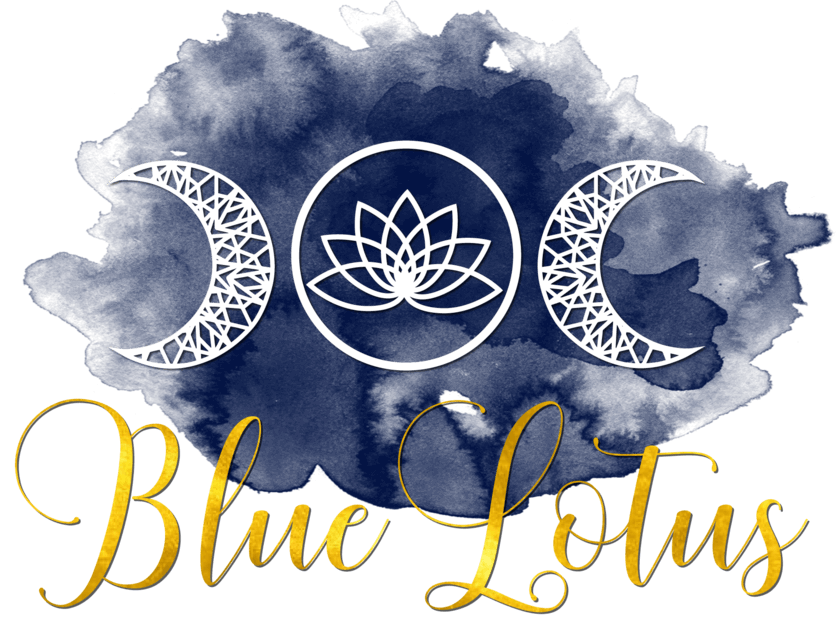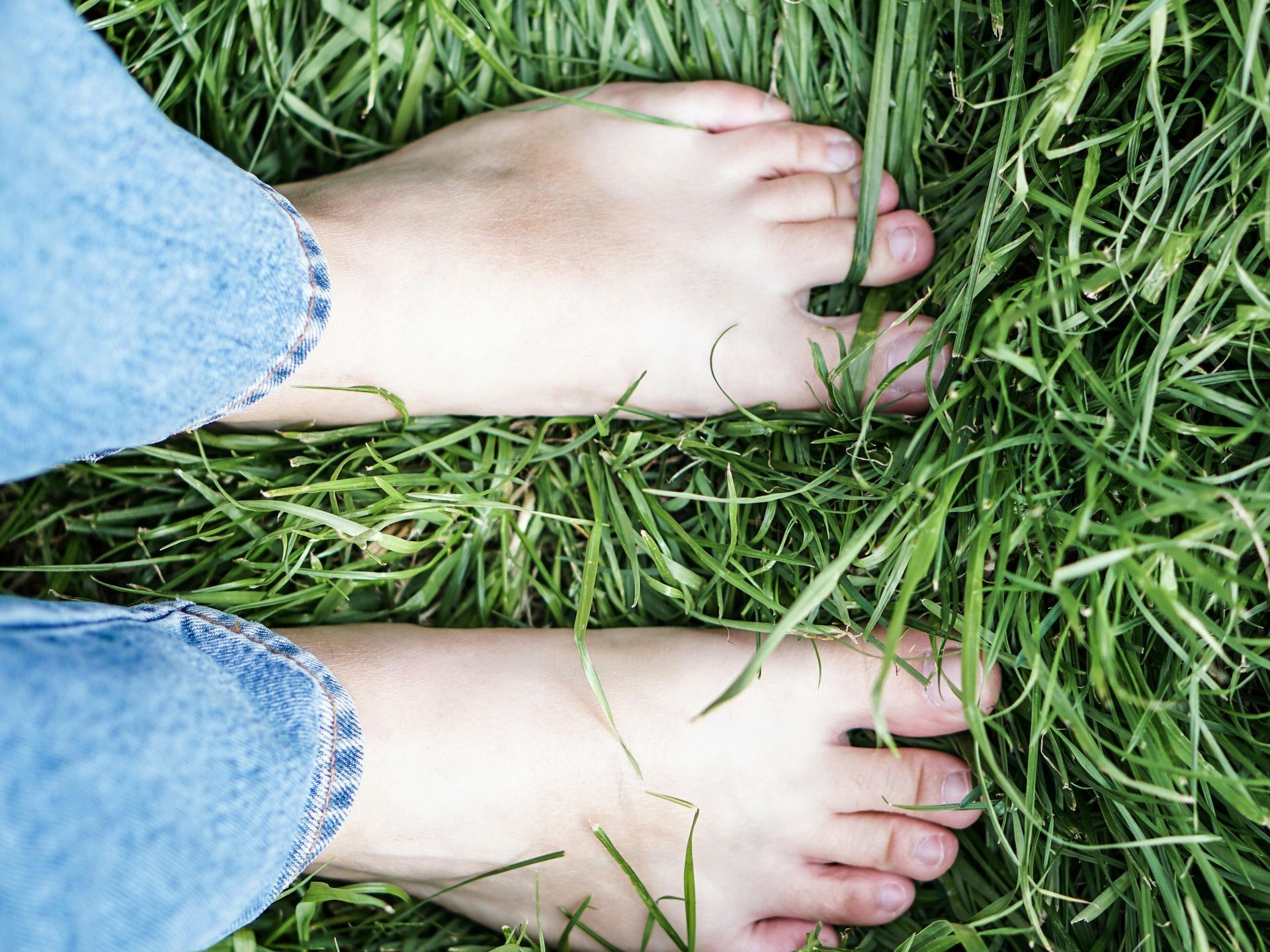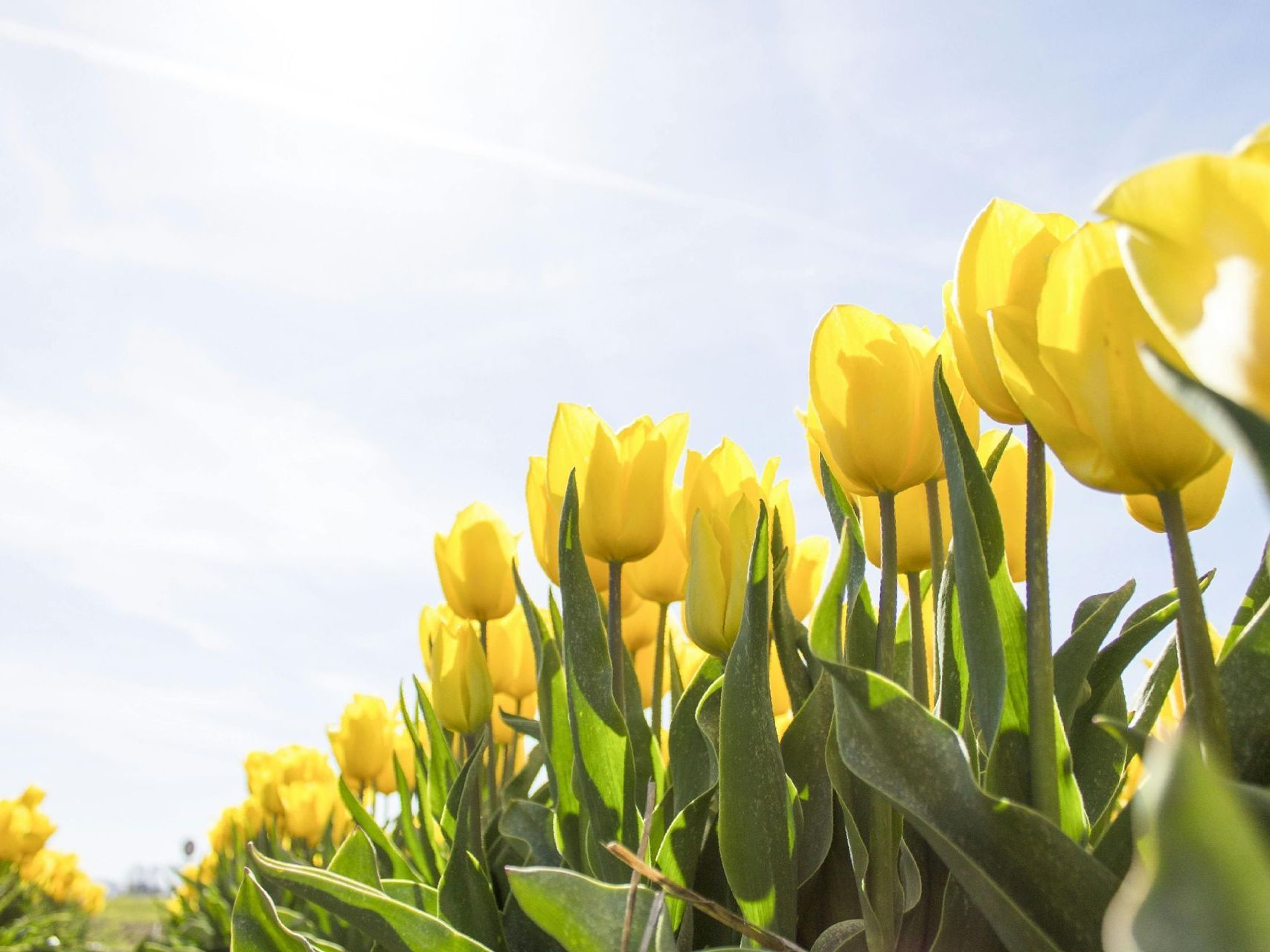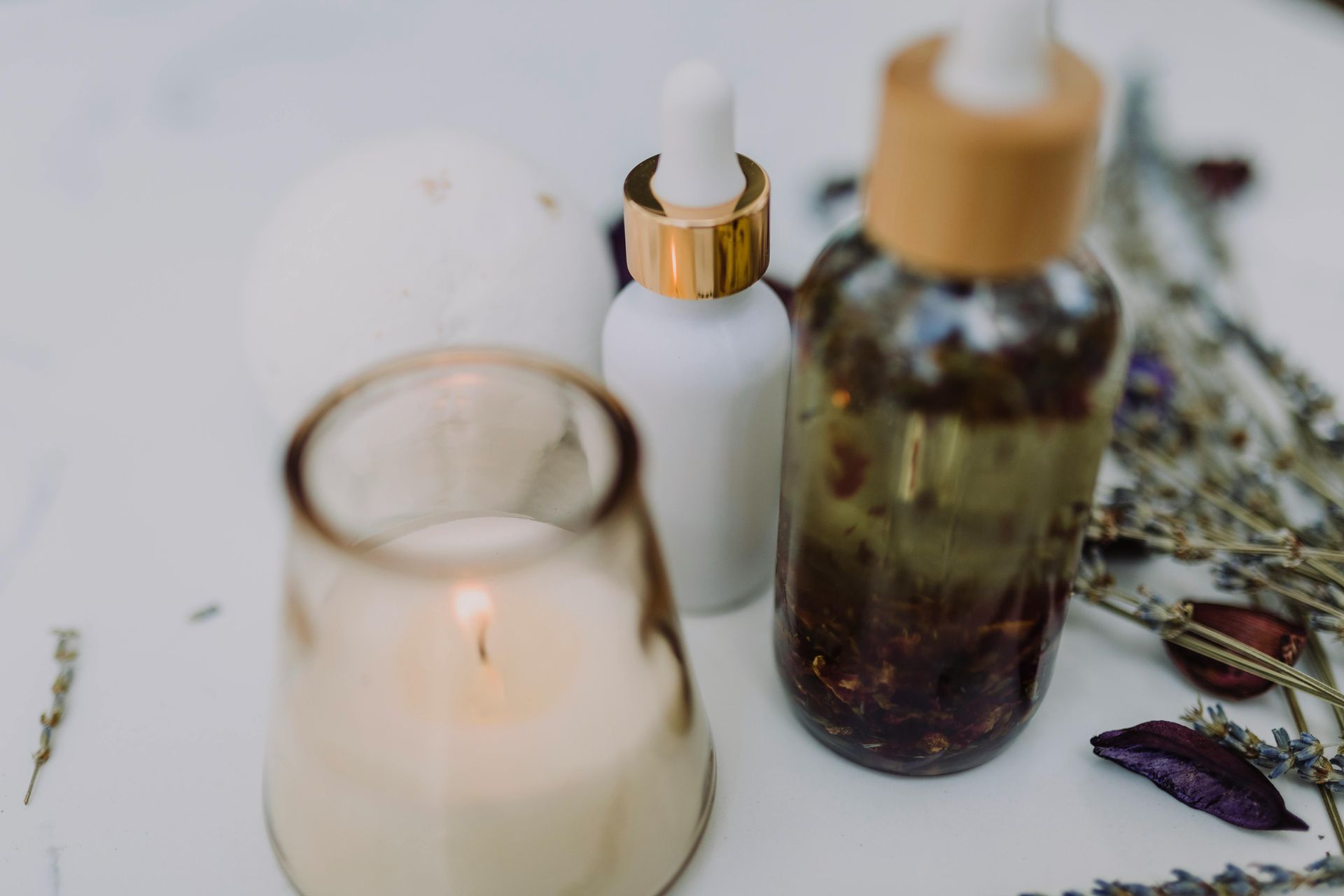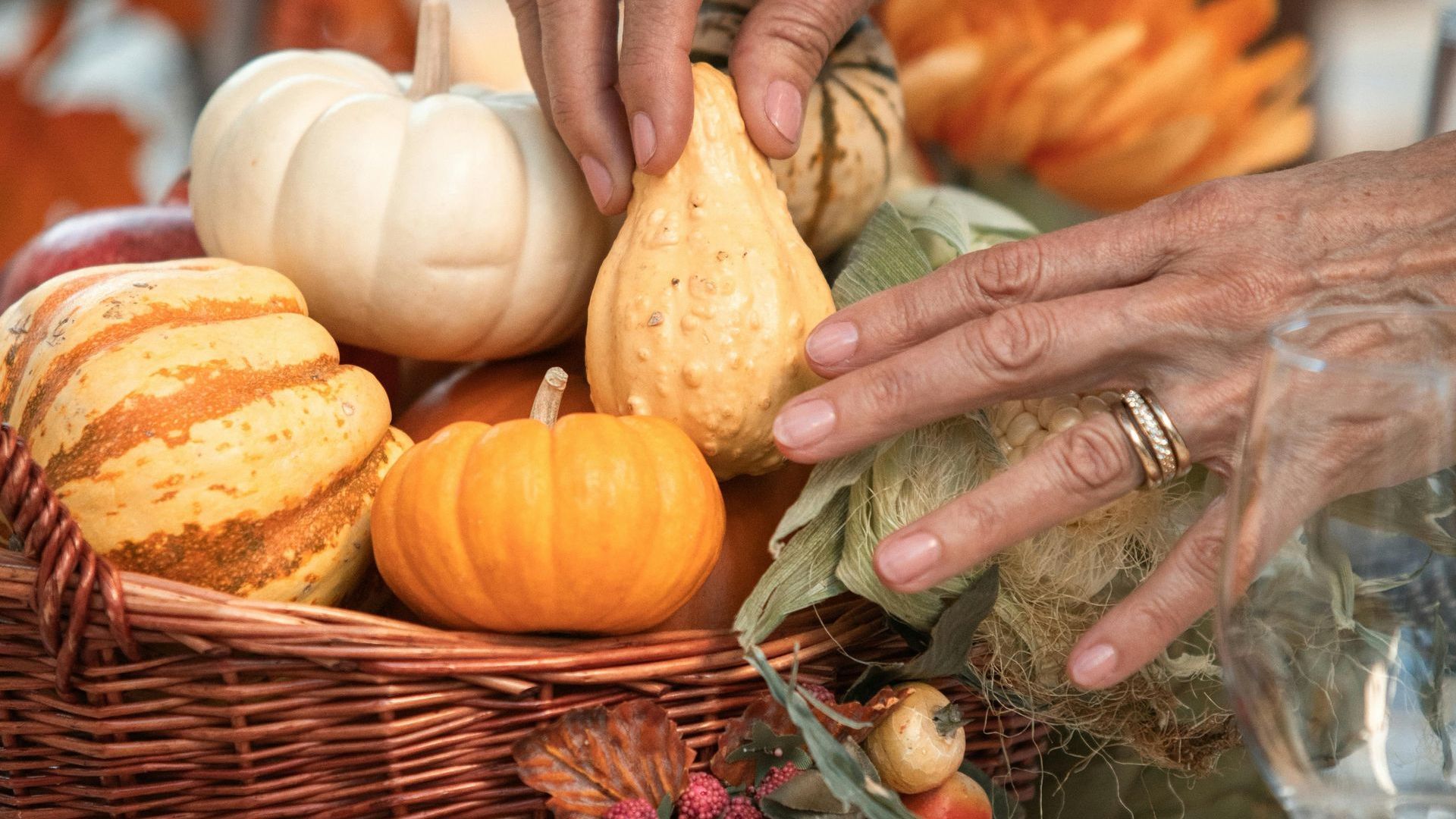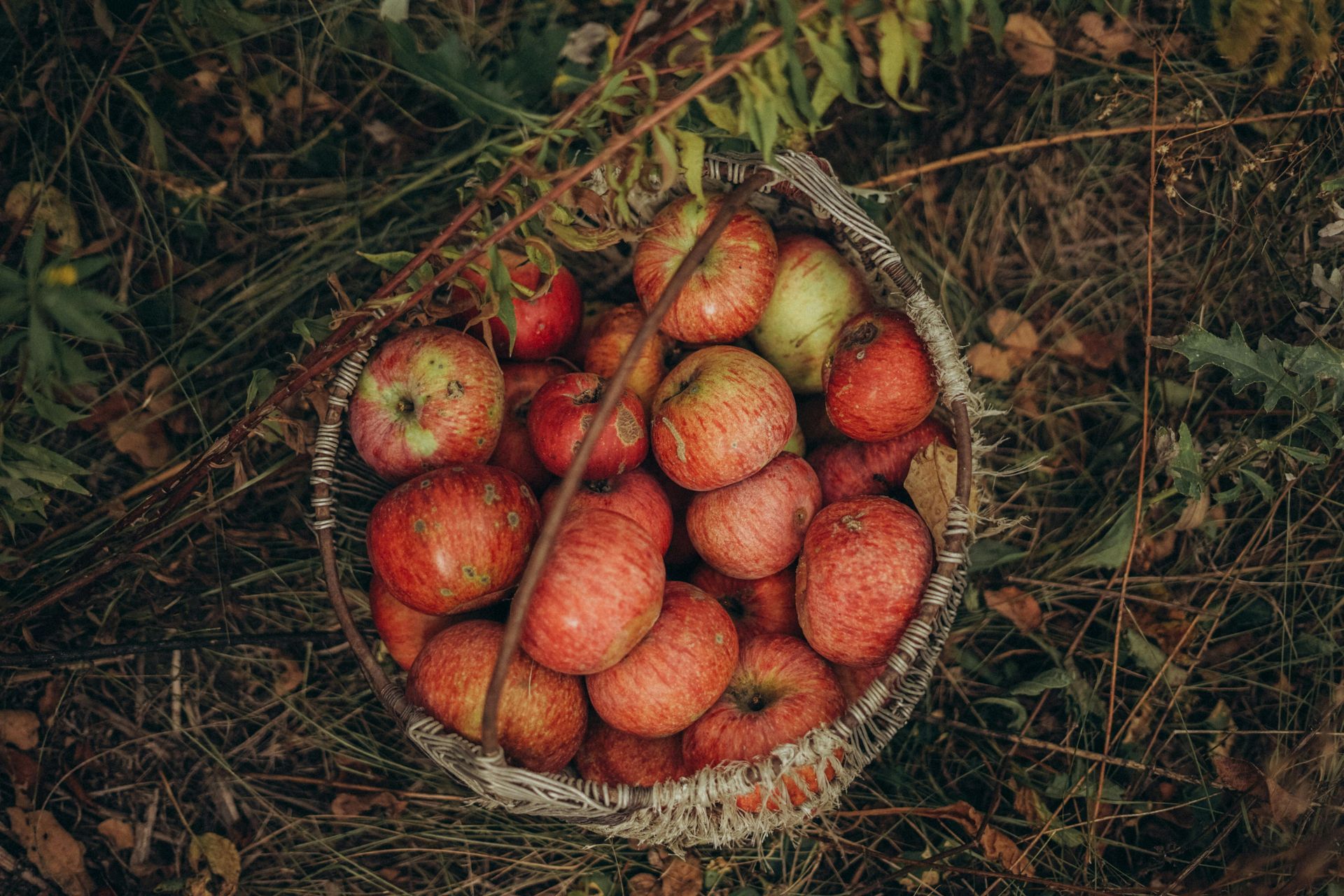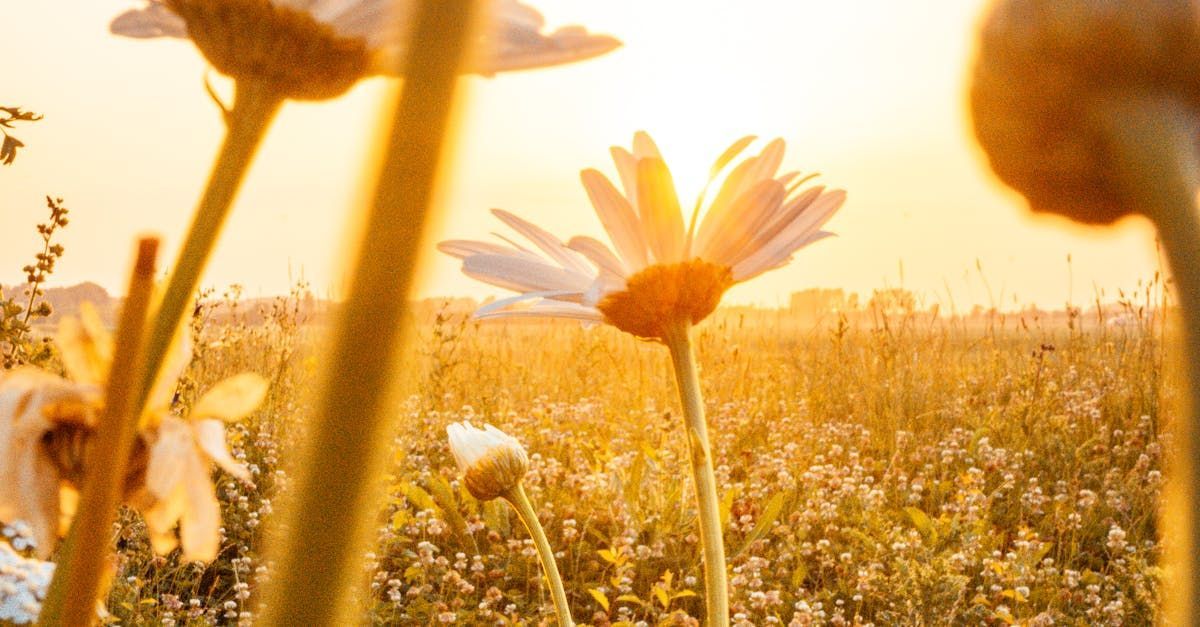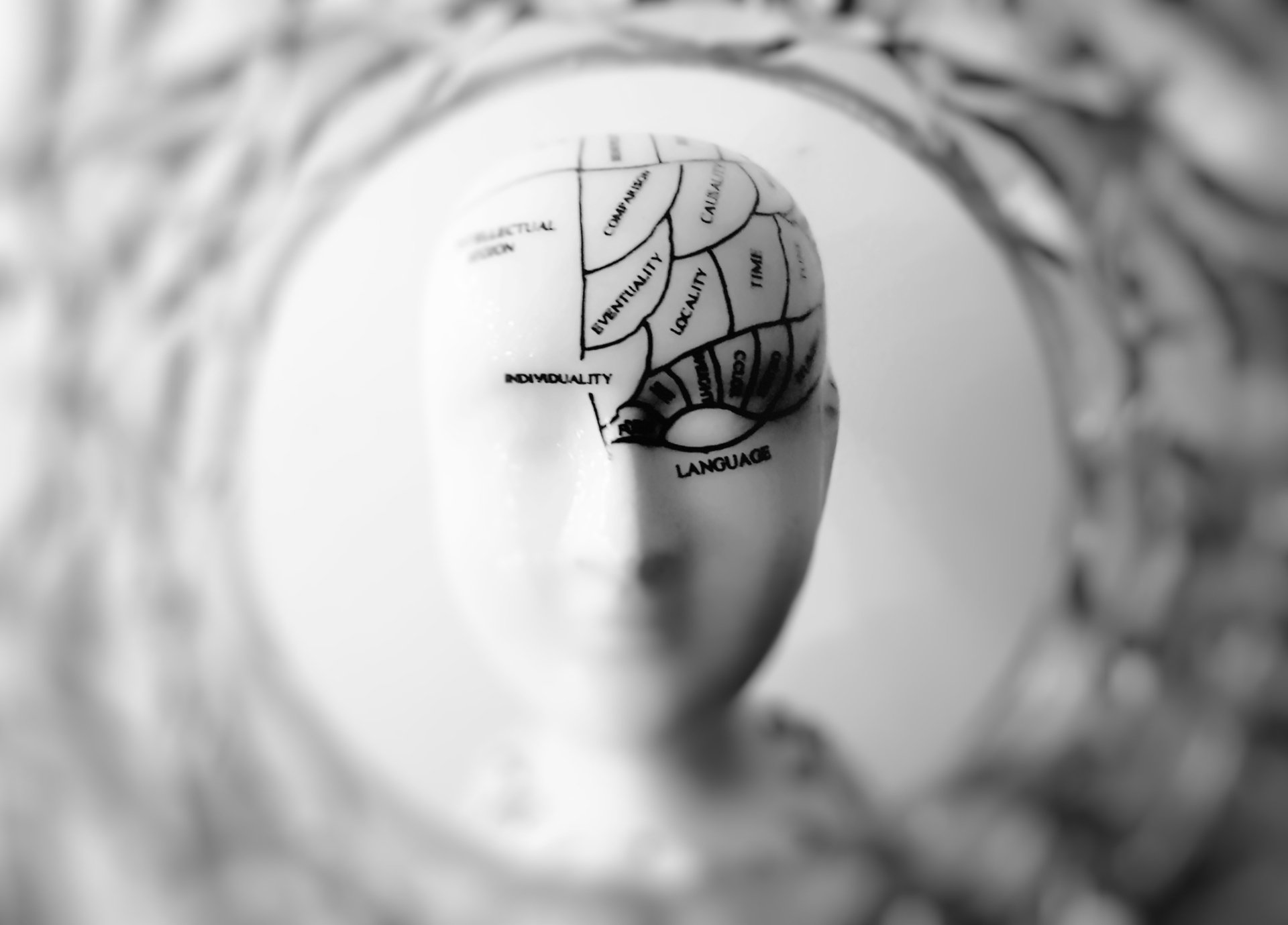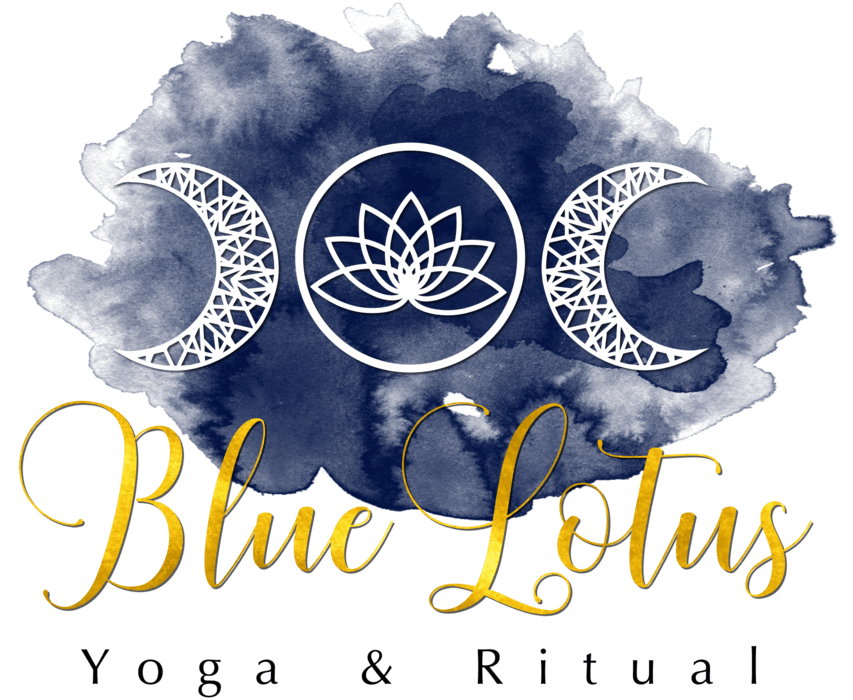To Cleanse Or Not To Cleanse
Hear all about my experience in this weeks Liver Cleanse
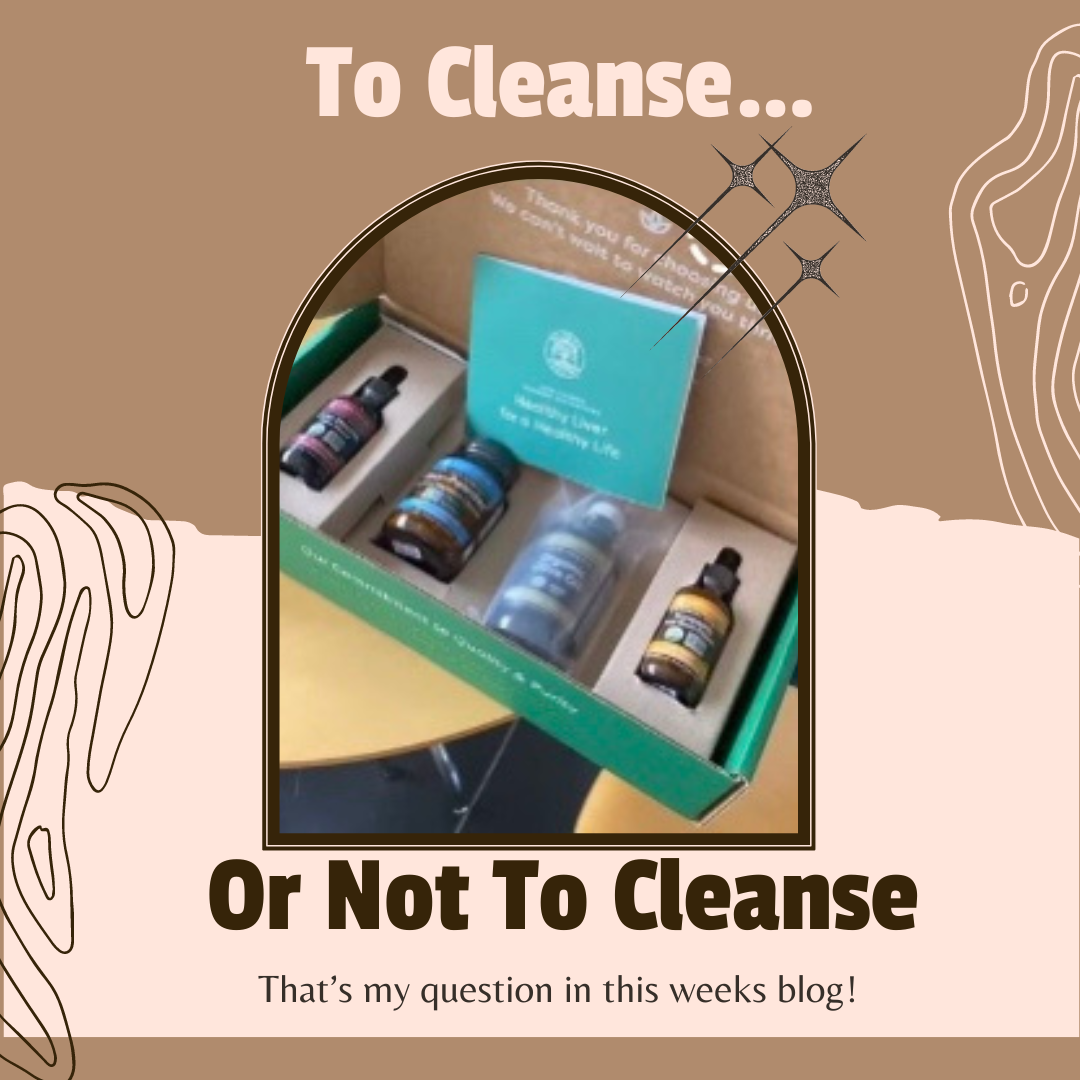
Let me start by saying that I am not a nutritionist nor a qualified medic, but after about a month of over indulging with good food, wine and cocktails I needed to press the reset button and take some TLC action for my Liver.
In Chinese medicine the Liver is known as 'The General of the Army'
as it's health and optimal function governs the flow of Prana through the body. When the Liver is stressed and overloaded it doesn't do it's job as well as usual and we are left feeling lack lustre with our overall energy irregular and imbalanced.
Did you know that the Liver does more than 500 different jobs....Yes, you read that correctly, 500!!!!
The liver is the chemical factory in the body, the primary filtration system if you like. Anything that is inhaled, eaten or absorbed passes through the liver and when our hormones have done their job and become redundant, they too get passed through the liver. The liver does a LOT!
So caring for your liver is a good thing but it's not about detoxing or cleansing the liver specifically, as scientifically, that really isn't a thing. In my opinion, a liver cleanse is more about supporting what your liver does naturally and transforming the environment so that it can rejuvenate from all the stressors.
Signs your liver might need some love :
- Sugar craving
- Lethargy and reduced energy
- Sluggish bowel movements
- Skin dull or irritated
- Mood swings
- High levels of stress
- Excess gas or bloating
So this is where I found myself., to cleanse or not to cleanse?
Some of what is out there is scary so please do your research if you are thinking this might be for you.
Of course you don't need to do a quick fix, like my cleanse you can begin by modifying your diet.....
Your liver will thank you for cutting out alcohol and caffeine for a while. The liver also loves organic greens, citrus fruits, cruciferous veggies, avocado, eggs, nuts, oily fish, pro-biotics, berries, turmeric, wheatgrass and the allium family.
The path I choose was a little more drastic.
The Liver Cleanse from Global Healing was recommended to me by a friend who really knows her stuff when it comes to healthy living, so I did a little research, decided it would be a good fit for me , ordered it and began the 5 day cleanse last Saturday.
The cleanse consisted of ......
4 preparation days where you take liver health and turmeric tonic's before meals. Food is, ideally, plant based with healthy fats and plant proteins, reduced (read NO) alcohol or caffeine. Then there is a 'flush' prep day where you take epsom salts and olive oil (not together) then follows the final 'flush day' where toxins are said to be eliminated.
Here's what I learnt:
1. It was tough in so many ways....I really needed to call on discipline that I cultivate in my Yoga practices
2. Sugar cravings were REAL....headache's initially were awful
3. I definitely learnt that my portion sizes have been way too big of late AND when you change the mix of what you eat to clean eating it doesn't need to be boring nor do you need to starve.....I was never hungry once through this cleanse.
4. I discovered how much our weekends had begun to revolve around alcohol....I had so much time to do other more nourishing things. I returned to playing my harmonium each evening, took a leisurely soak in gorgeous oils in the tub, read wonderful books and woke up fresh, vital and motivated every morning.
5. That drinking 6fl oz of olive oil was surprisingly easy, the 8floz of water and epsom salt not so nice!!!!
6. Adaptogenic Coffee is my new favourite thing ever!!! (More about this next week.)
I have to say that I now feel AMAZING!!!!
My skin is glowing, I have tons of energy, my eye's are bright and clear and I am certainly no longer bloated.
For me this was a wonderful but challenging reset, but should I need it, I wouldn't be adverse to using it again.
Here's what I'll take away:
1. I'll be continuing plant based clean eating 4/5 days out of 7
2. Alcohol consumption is now limited to one day per week
3. Seasonal resets are fantastic to shift habits and create impetus for new actions and pathways for long lasting change
4. Clean eating doesn't mean deprivation
5. I'll be making better decisions how I use my time, especially on the weekends.

